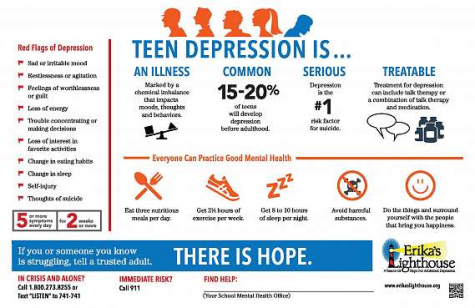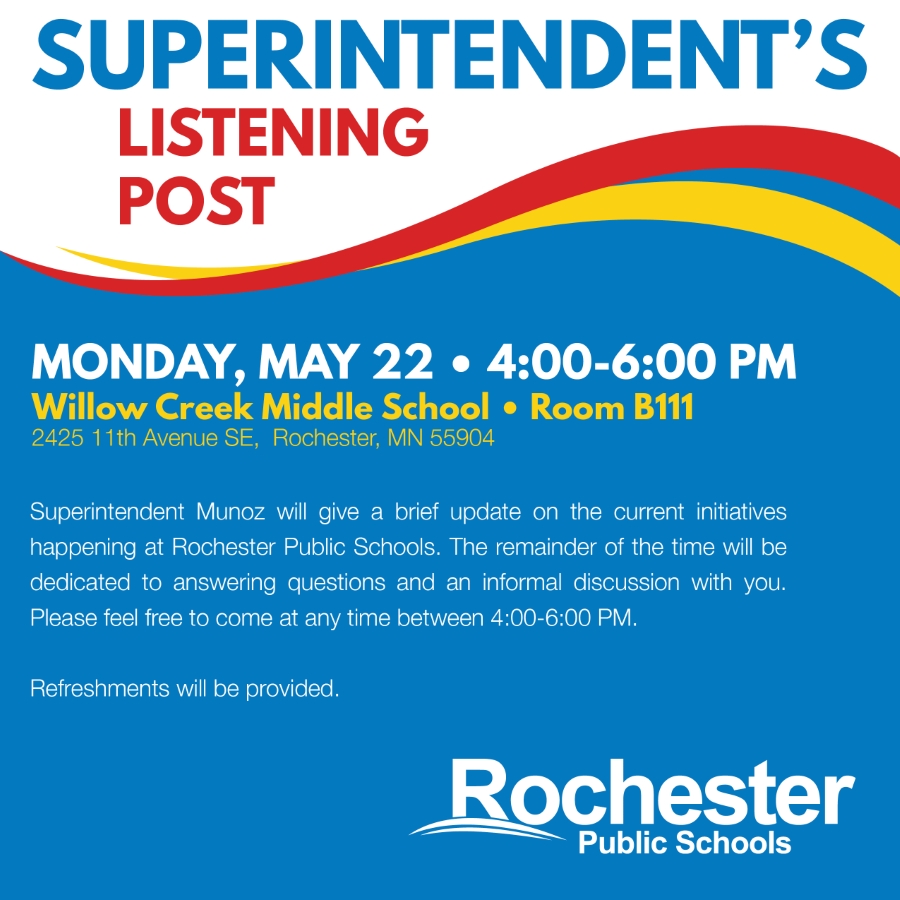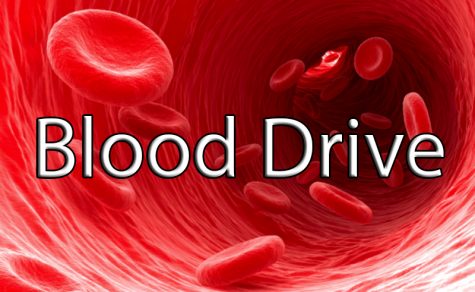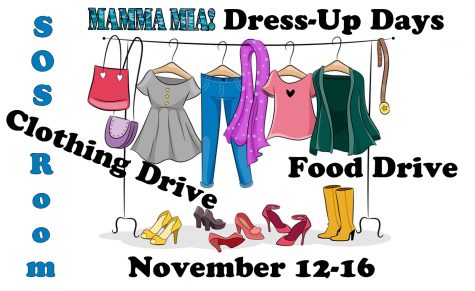Dealing with Teenage Depression
May 19, 2016
Treating depression can be a very difficult thing to do, for many reasons. For one, there are many different varieties of depression, each with different symptoms. This is just one of the reasons why there can be many controversies over whether different types of treatments should be used when treating depression.
According to Marcia Johnson, a social worker for the Mayo Clinic, “There are a lot of ‘social norms’ that interfere with people’s ability to seek depression treatment. Depression is a word that can get thrown around in casual conversation such as, “I’m really sad today, maybe I’m depressed” or “Monday’s are depressing. Depression is used as such a casual word throughout day to day language that not many people really understand what it is,” Johnson explains. “This is because of the stigma involved in the general community. Many people have tried to enlighten through media, but because of the stigma many people don’t speak out about their symptoms and treatment.” Depression is generally something people tend to be embarrassed about. No one wants to admit that they are taking medication or going to counseling because they have been diagnosed with depression. Even though it’s a chemical imbalance in the brain, people still think about how their peers will perceive them if they share about their depression. Depression isn’t exactly something that screams “I’m a super fun and happy and normal human being.”
T eenagers are greatly affected by depression and other mental illnesses. There are many social pressures during the ages 13 to 18 because of school, relationships with family and friends, peer pressure, work, etcetera.
eenagers are greatly affected by depression and other mental illnesses. There are many social pressures during the ages 13 to 18 because of school, relationships with family and friends, peer pressure, work, etcetera.
Male teenagers and female teenagers can experience depression in different ways. “Males are more likely to experience anger and difficulty controlling behavior, while females are likely to engage in self-harm activities and put down of themselves.” Women are more likely to seek treatment and admit that they have depression. Johnson explains “Even though more women seek treatment for depression, many men still experience depression; they are just socialized to not see assistance when experiencing these types of symptoms.” When dealing with depression, everyone should seek assistance. It is a disorder that if not treated can be prolonged and get worse. There are many different treatments when it comes to depression including natural exercise and a healthy diet, counseling and therapy, and medications. The type of treatment depends on the symptoms that an individual is experiencing and how the brain reacts to these symptoms. As Johnson puts it, “It’s not a one size fits all disease.” To become more aware of what depression is and learn more about the disorder, contact your care provider or read educational articles on the subject. Depression is not just a stage of sadness; it is a mental disorder and needs treatment in order to get better. Don’t be embarrassed by depression and stay aware. This disorder affects millions of people around the world and can be treated.













